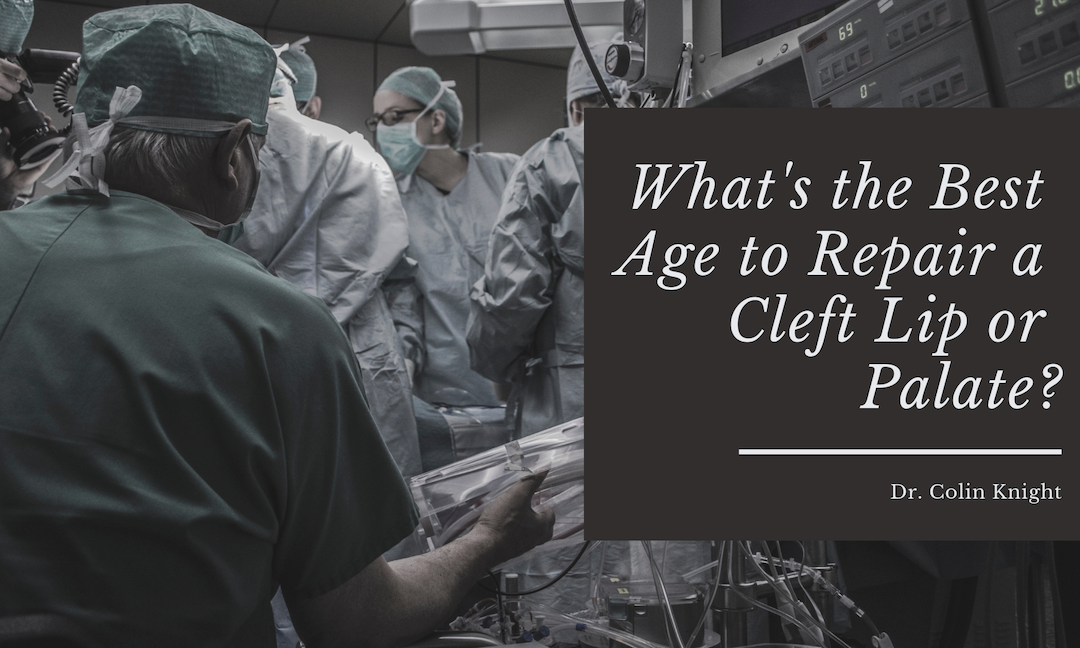No one knows exactly why a cleft lip or cleft palate occurs in infants, but science indicates that it could be a combination of DNA and other factors like the mother’s environment. The birth defects affect babies around the world, and in the United States alone, there are more than 200,000 cases annually. These birth defects develop in the mother’s womb during pregnancy and are caused when an infant’s lip or mouth do not form properly. If surgery is not performed, there can be difficulty with speaking, eating, and other factors.
Choosing the right time for surgery matters, according to the doctors who repair these two kinds of conditions. Both birth defect repair operations involve general anesthesia, and sometimes, a child will need more than one surgery to close the palate.
Following the surgery or surgeries, most children grow up to achieve normal speech, eating, and appearance.
For instance, cleft lip surgery is best performed on an infant who is 10 to 12 weeks old. Most surgeons also believe that cleft palate surgery should be done on a baby between six months and 18 months of age. In both instances, doctors say that the skin tissue surrounding the cleft is still new and hasn’t had a chance to develop abnormally.
In addition, the very young patient will recover faster and will not have much memory of the healing process.
Generally, the baby will probably spend up to seven days in the hospital following surgery. Complete recovery can take up to four weeks.
It is never advised to have these corrective surgeries performed when the child is much older than three because language development and speech skills can become affected.
As with any major surgery done on an infant, potential risks can occur including infection, bleeding, reactions to medicine, scars that heal irregularly, etc. Anesthesia can also pose potential problems for the very young patient as no anesthesia is 100-percent safe.
Most babies recover without problems after cleft lip or cleft palate surgery. These common birth defect conditions are treatable, and many famous people were born with one or the other or both. Some of these stars include Joaquin Phoenix, Peyton Manning, Tom Brokaw, Carmit Bachar (Pussycat Dolls), Australian comedienne Wendy Harmer, Jesse Jackson, and Cheech Marin.
